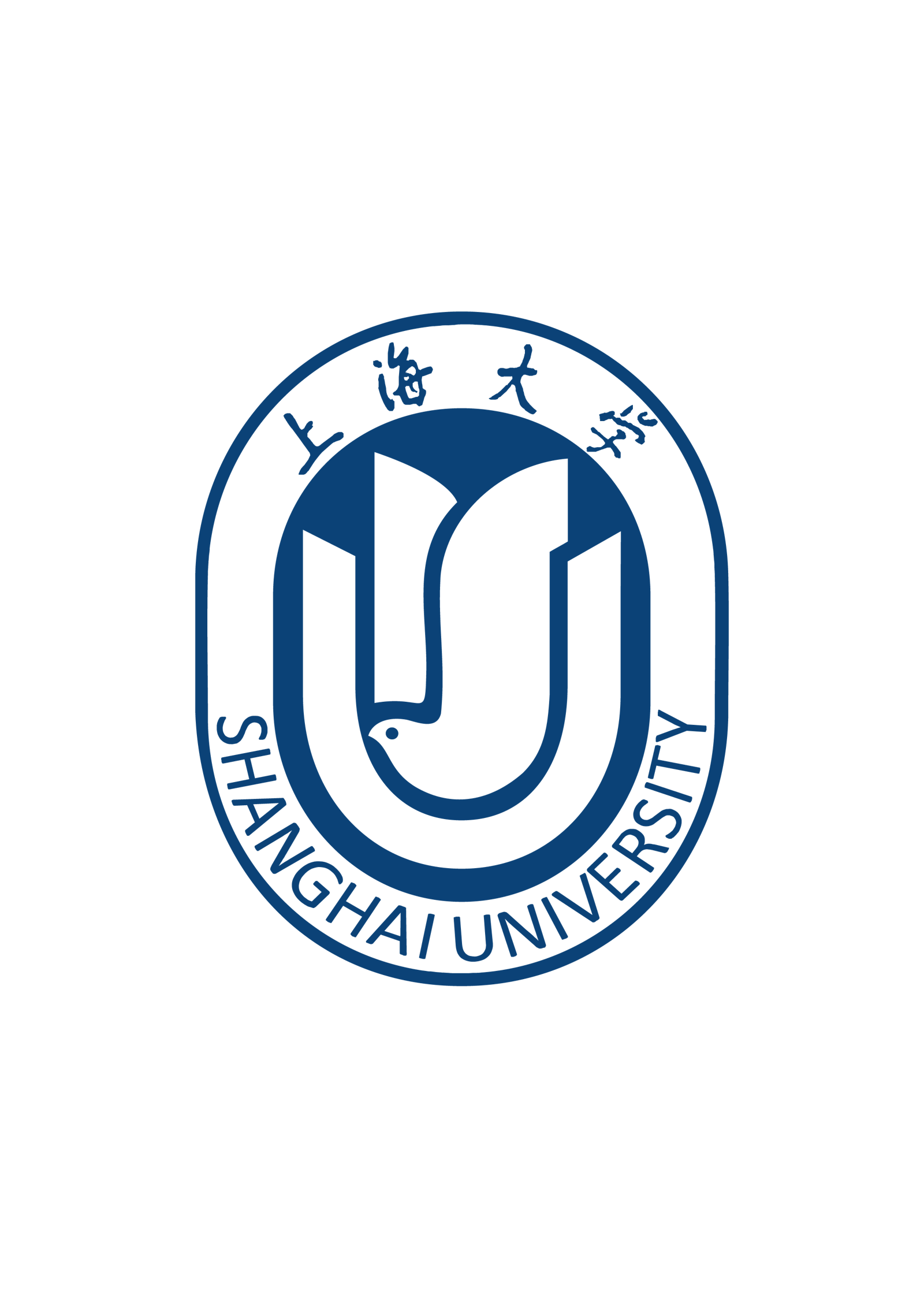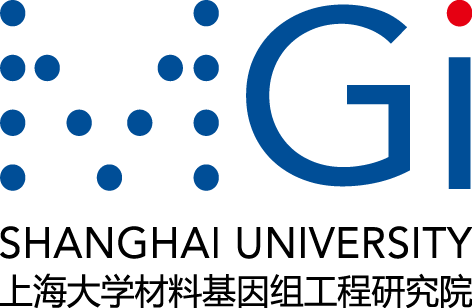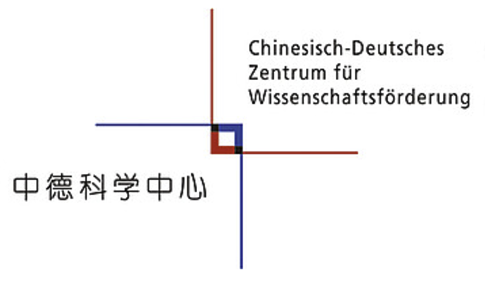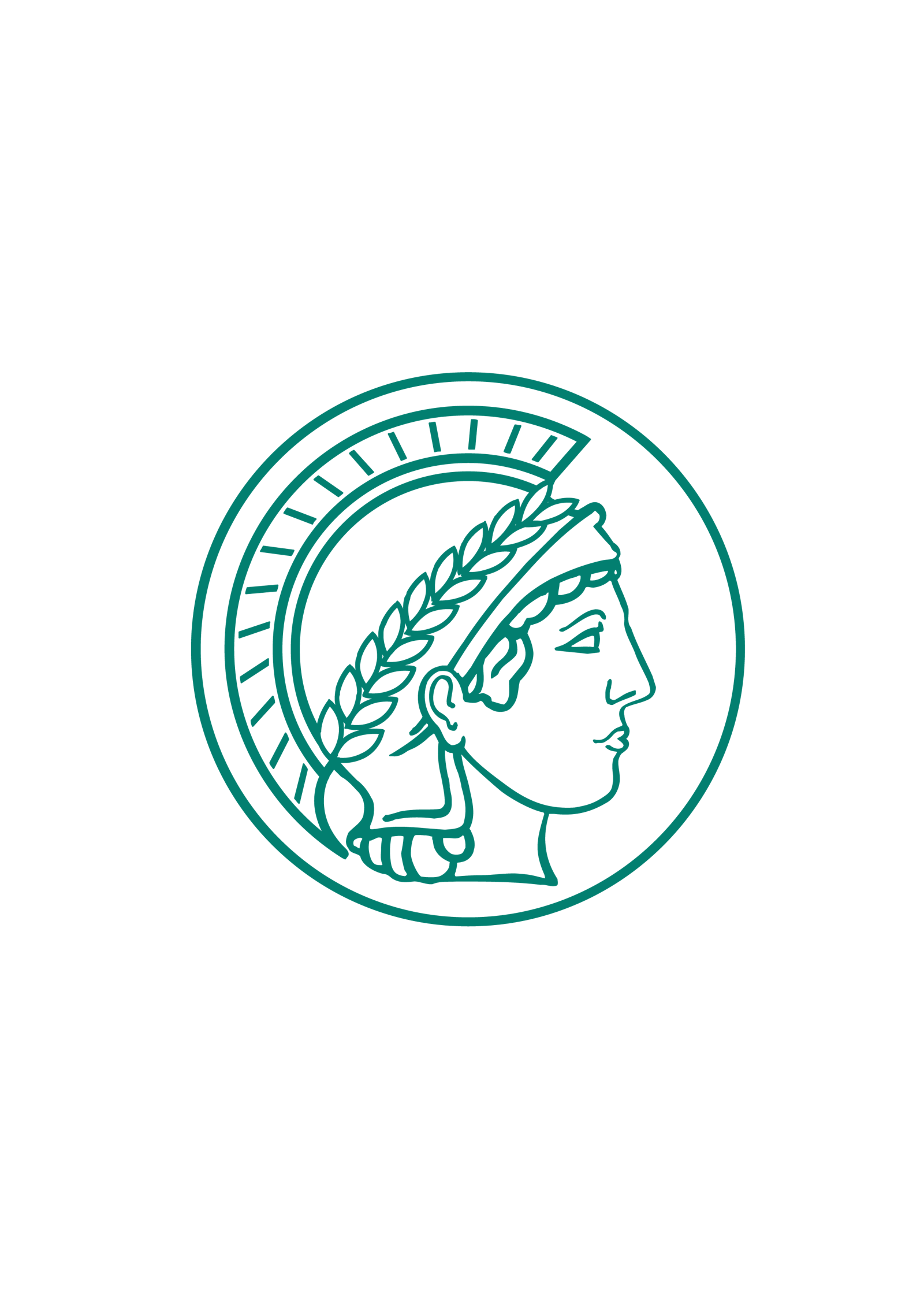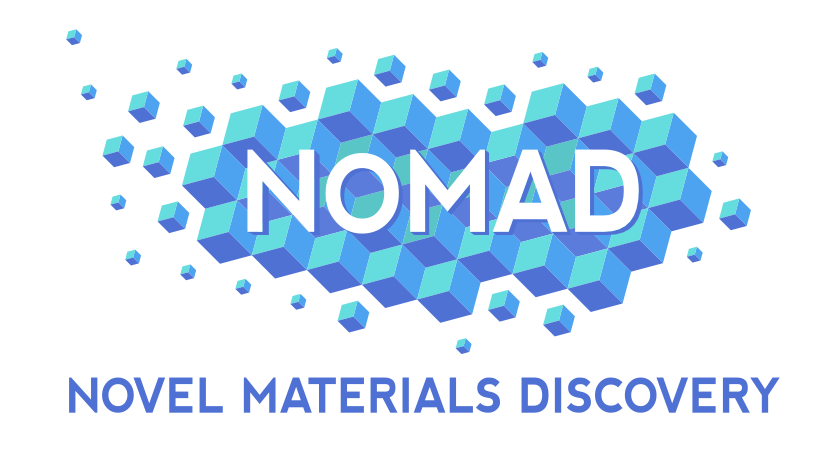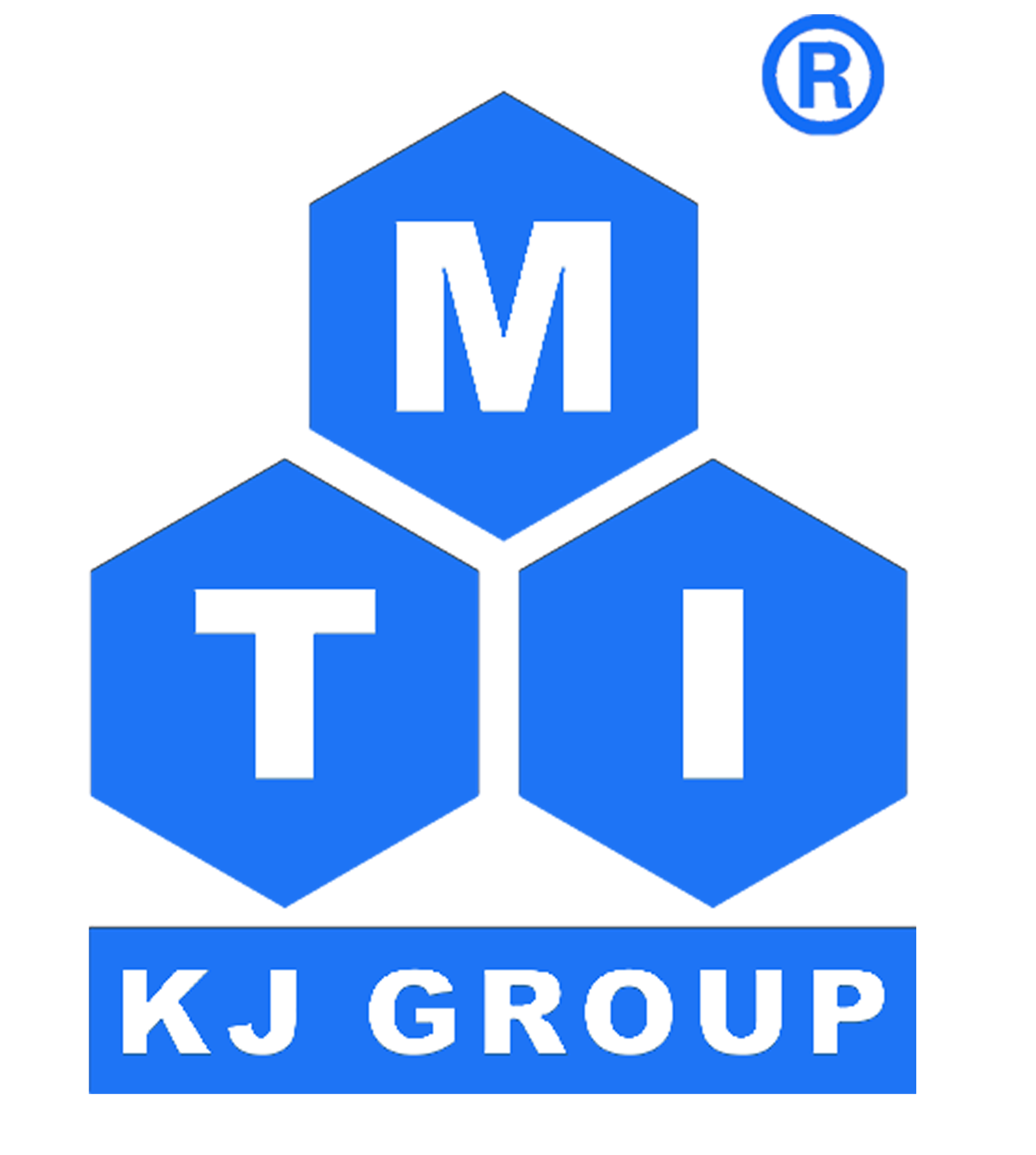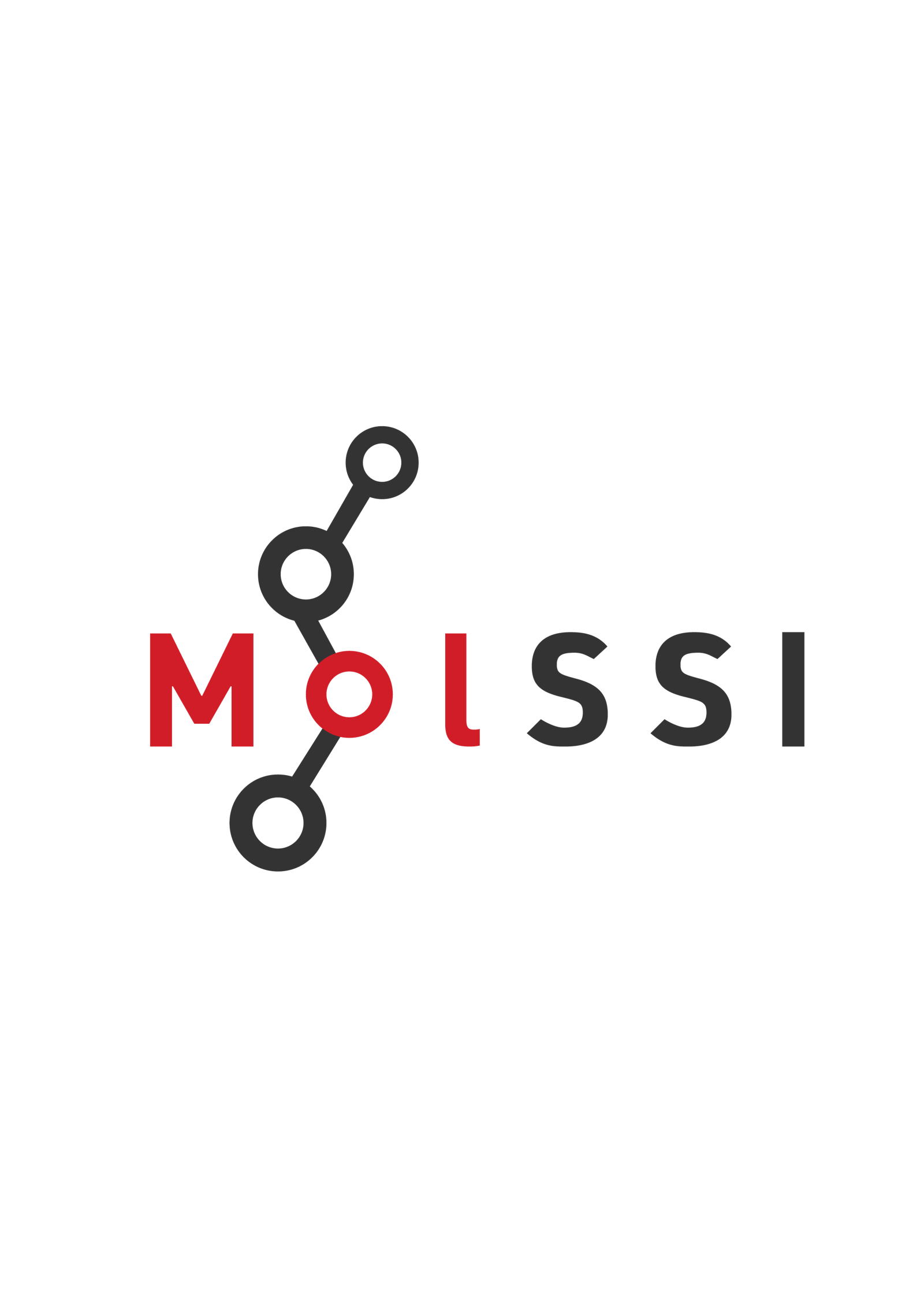Yousung Jung
Department of Chemical and Biological Engineering, Seoul National University, Seoul 08826, Korea
E-mail: yousung.jung@snu.ac.kr
Reliable prediction of chemical reactivity remains in the realm of knowledgeable synthetic chemists. Automating this process by using artificial intelligence could accelerate synthesis design in future digital laboratories. While several machine learning approaches have demonstrated promising results, most current models use transformer-based architecture which is difficult to interpret and deviate from how human chemists analyze and predict reactions based on electronic changes. In this talk, I will talk about our recent efforts to learn organic and inorganic reactivity based on chemical rules and algorithms. The issues related to the current reaction datasets and hence the importance of data curation to further improve the models will be discussed. I will then propose a new organic synthesis prediction AI methodology that can predict the reaction mechanisms with various chemical conditions. For inorganic synthesis, I will present the results of using template-based bespoke models as well as large language models. Our results suggest that LLMs can be used as strong baseline for synthesizability predictions and precursor selection problems.
Reference
[1] Noh, Gu, Kim & Jung, Chem Sci 11, 4871 (2020)
[2] Jang, Gu, Noh, Kim & Jung, J Am Chem Soc 142, 18836 (2020)
[3] Chen & Jung, JACS Au 2021, 1 1612 (2021)
[4] Chen & Jung, Nat Mach Intell 4, 772 (2022)
[5] Kim, Noh, Gu, Shen & Jung, Chem. Sci. 15, 1039-1045 (2023)
[6] Chen, An, Babazade & Jung, Nat. Commun. 15, 2205 (2024)
[7] Chen, Noh, Jang, Kim, Gu & Jung, Acc. Chem. Res. 57, 1964 (2024)
[8] Kim, Jung, Schrier, J Am Chem Soc 146, 19654 (2024)
Dr. Runhai Ouyang (DCTMD2024@163.com)
